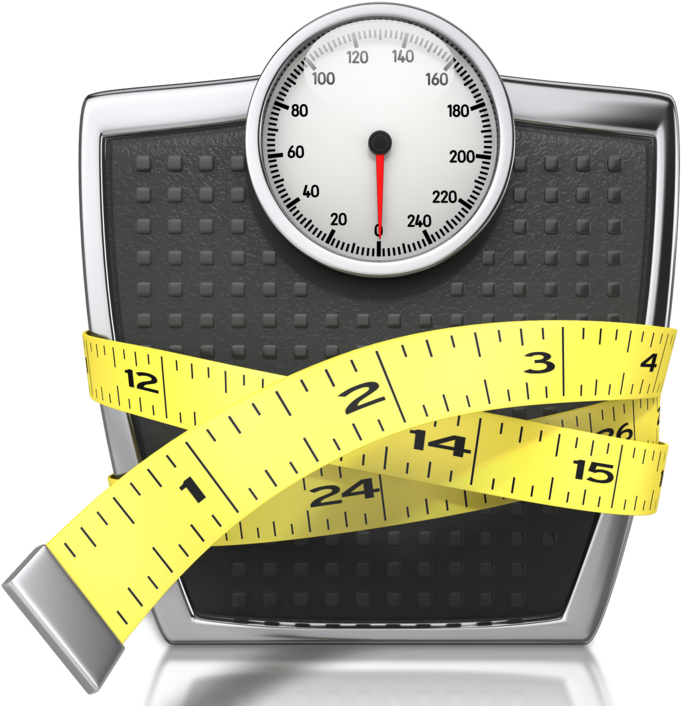Quick Start Weight Loss Program
30 Day Supply of Weight Loss Pills
Consult with Medical Doctor
Custom Diet & Exercise Plan
Free Vitamin B12 Injection
ONLY $100.00 215-821-7336
Three Programs are Offered:
01
Diet Pill Medication Program
After his consultation, the Doctor will give you the medication that he feels will be the most effective. Plus a B12 injection if needed.
Medications include:
- Phentermine
- Adipex
- Bontril…
- Weight Loss Medication
- Totally Controls your appetite
- Eliminate Excessives Hunger
- Eliminates Cravings
02
Medifast Meal Replacement Program
- You Get To Eat 6 Meals a Day
- No Counting Calories
- No Counting Carbs
- No Counting Points
- All You Have To Do Is Eat & You Lose All The Weight You Want
- The More You Eat The More You Lose
03
Appetite Suppressant Diet Pill + Medifast Meal Replacement
We Provide The Best Of Traditional Mainstream Medicine Using Pharmaceutical Medications (Appetite Suppressant Medications, Vitamin B12 Injections, etc...) Combined With The Best of Holistic Medicine (Nutrition, Diets and Exercise, etc...)
- Appetite Suppressant Medication
- Totally Control Your Appetite
- Eliminate Excessive Hunger
- Eliminate Cravings
- You Get To Eat 6 Meals a Day
- No Counting Calories
- No Counting Carbs
- No Counting points
- All You Have To Do Is Eat & You Lose All The Weight You Want
How Much Does The Diet Pill Medication Program Cost?
Quick Start Beginner Program is $100.00 for 4 weeks. Everything is included. 30 Day supply of Appetite Suppressant Medication, Vitamin B12 Injection and Consult with Doctor.
These Medications can help you shed those unwanted pounds, keep them off and give you the power to eat what you want and enjoy yourself. As a bonus, the medication also gives you a calm controlled energy boost to keep you alert during the times you need it most.
They reduce your Appetite & Your Sugar Cravings.
Side effects include dry mouth and constipation
Our goal is a patient that can maintain weight loss permanently. we only use the safest and most effective prescription and nonprescription appetite suppressants and dietary supplements available.








 In Philadelphia
In Philadelphia

 Bariatric surgery is an appropriate treatment option for patients with a BMI of greater than 40% of patients with a BMI of greater than 35% who also have other medical conditions placing them in a higher risk category for cardiovascular diseases, such as hypertension, diabetes, high cholesterol, or previous heart attack or stroke. Bariatric surgery is the final treatment option when diet, exercise, and medication have failed to achieve the desired results. Very often health insurance companies will approve coverage of bariatric surgery after documented participation in a weight loss program that can include medications to lose weight.
Bariatric surgery is an appropriate treatment option for patients with a BMI of greater than 40% of patients with a BMI of greater than 35% who also have other medical conditions placing them in a higher risk category for cardiovascular diseases, such as hypertension, diabetes, high cholesterol, or previous heart attack or stroke. Bariatric surgery is the final treatment option when diet, exercise, and medication have failed to achieve the desired results. Very often health insurance companies will approve coverage of bariatric surgery after documented participation in a weight loss program that can include medications to lose weight.